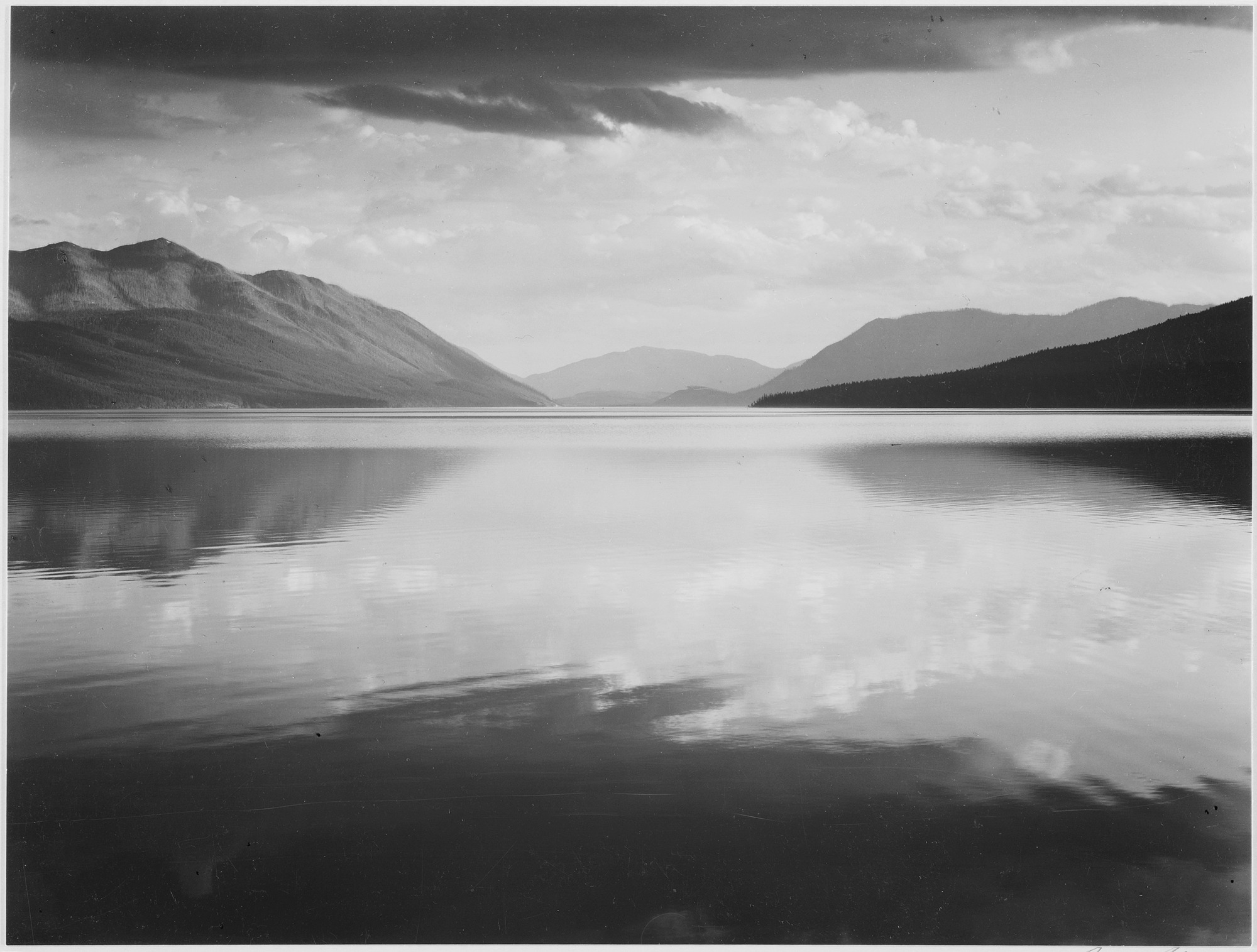Advent & Art: Using Art to Abide in Christ Throughout the Christmas SeasonSýnishorn

Yet-But-Not-Yet
May 8, 1945 marked the official surrender of Germany to the Allies, ending the war in Europe. But a war is often over long before the final armistice is signed and recognized. Most likely a momentous battle, such as the one on the beaches of Normandy, may turn the tide of war that it both heralds and ushers into reality the not-yet-full-realized victory. So, the Allied forces, in their invasion on France's coast, won both the battle and the war on that Decisive Day. But while the war was as good as over, there were many battles still to be fought, many lives yet to be lost, and many Nazis yet to concede defeat. Victory Day was almost a year away, meaning the war was over, but not over yet.
In Advent, we have a similar—and greater—reality at play. During this season, we sing hymns and have readings of waiting for the arrival of Christ - both in His birth and His second coming. "Away in a Manager," "Silent Night," and "Hark! The Herald Angels Sing," all announce, with quiet reverence or shouts of jubilation, that Emmanuel, God with us, has arrived. In that same catalog, hymns like "Joy to the World" and "It Came Upon a Midnight Clear" proclaim the grand vision of Christ's return where "the whole world give back the song which now the angels sing."
For all of us, the reality in which we live is that yet-but-not-yet reality, summed by the longing pleas of "O Come, O Come Emmanuel" and "Come Thou Long Expected Jesus." We find ourselves eagerly anticipating the coming of Christ, to experience the restoration of all things. This image is one of the many found within the Old Testament, particularly from the Book of Micah.
A contemporary of the prophet Isaiah, yet younger, Micah is called by God to rebuke the rich and influential of Judah due to their abusive treatment of the poor. Because of the injustice they have shown to their own people, they are warned of their impending defeat at the hands of the Assyrians. But there is hope. God would produce a great ruler from Judah from the insignificant town of Bethlehem to bring healing and hope to the land.
The birth of Christ—the climax of Advent—has happened, but the restoration of all things promised by God is on the horizon. The promise of the “future ruler” in Micah 5, of feeding his flock and providing security and peace among them is the reality we eagerly await and celebrate each Christmas season.
To capture that sense of peace and security and wholeness that Micah talks about we are using a photograph from the American photographer Ansel Adams, titled "Evening, McDonald Lake, Glacier National Park."
According to art critic John Szarkowski, Adams understood that "the natural landscape is not a fixed and solid sculpture but an insubstantial image, as transient as the light that continually redefines itself" (Looking at Photographs: 100 Pictures from the Collection of the Museum of Modern Art, 144). Perhaps that artistic perception enabled Adams to capture the quiet stillness of the landscape in this 1942 photograph. Darker tones around the outer edges of the image frame the lighter tones in the middle. The sky's bright reflection on calm waters leads the eye toward a distant mountain. A sense of wholeness and peace emerges.
Meditate on this tranquil image of nature, especially in relation to the fullness of God's future kingdom, to the not-yet reality that will be experienced upon Christ's triumphant return. What in your own life needs peace and restoration? Are you willingly looking for Christ's advent into your life to bring healing and wholeness?

Ritningin
About this Plan

"All is calm. All is bright." This busy time of year can feel anything but calm or bright. Yet, the season of Advent calls us to stay alert to the peace and light Christ brought in His birth and His eventual return. To help us sharpen our gaze, we will incorporate artwork from the Abide Bible alongside Advent Scripture verses to prepare our hearts for Jesus' arrival.
More








